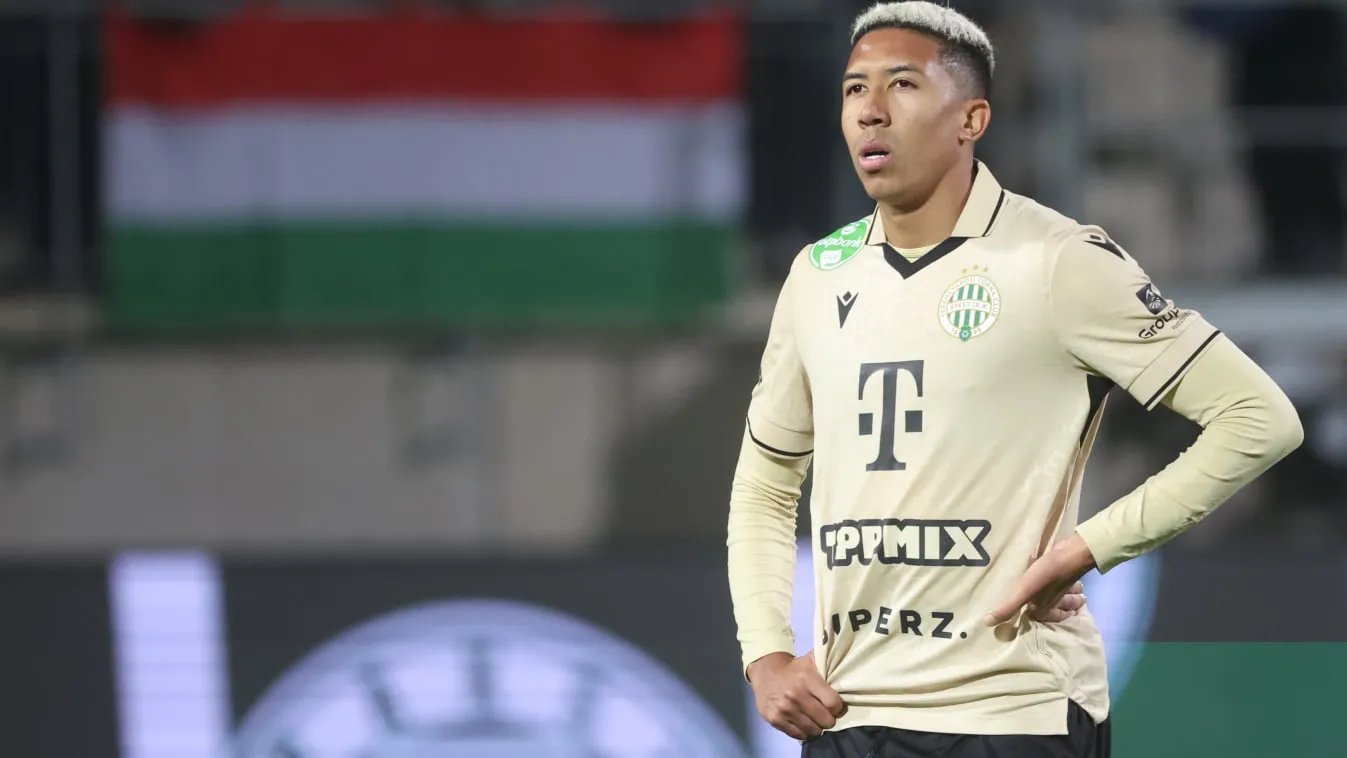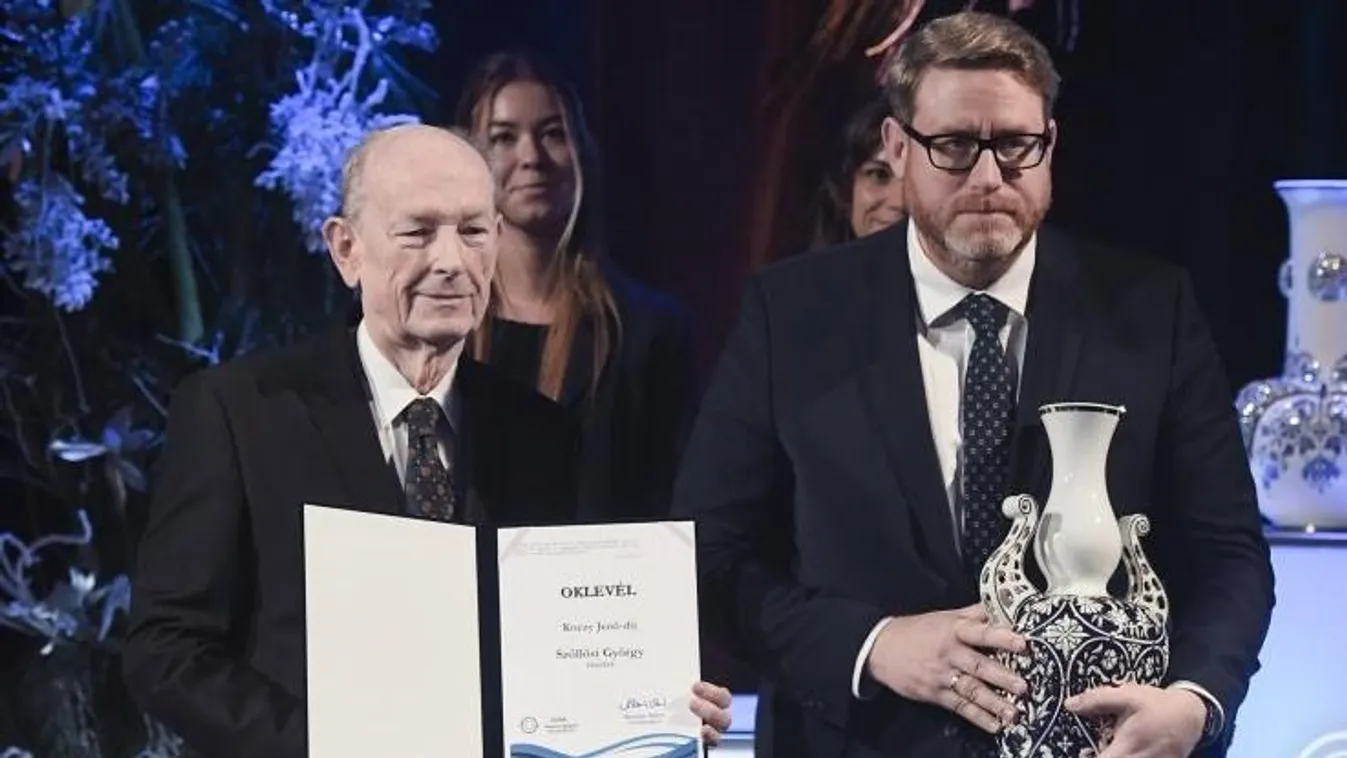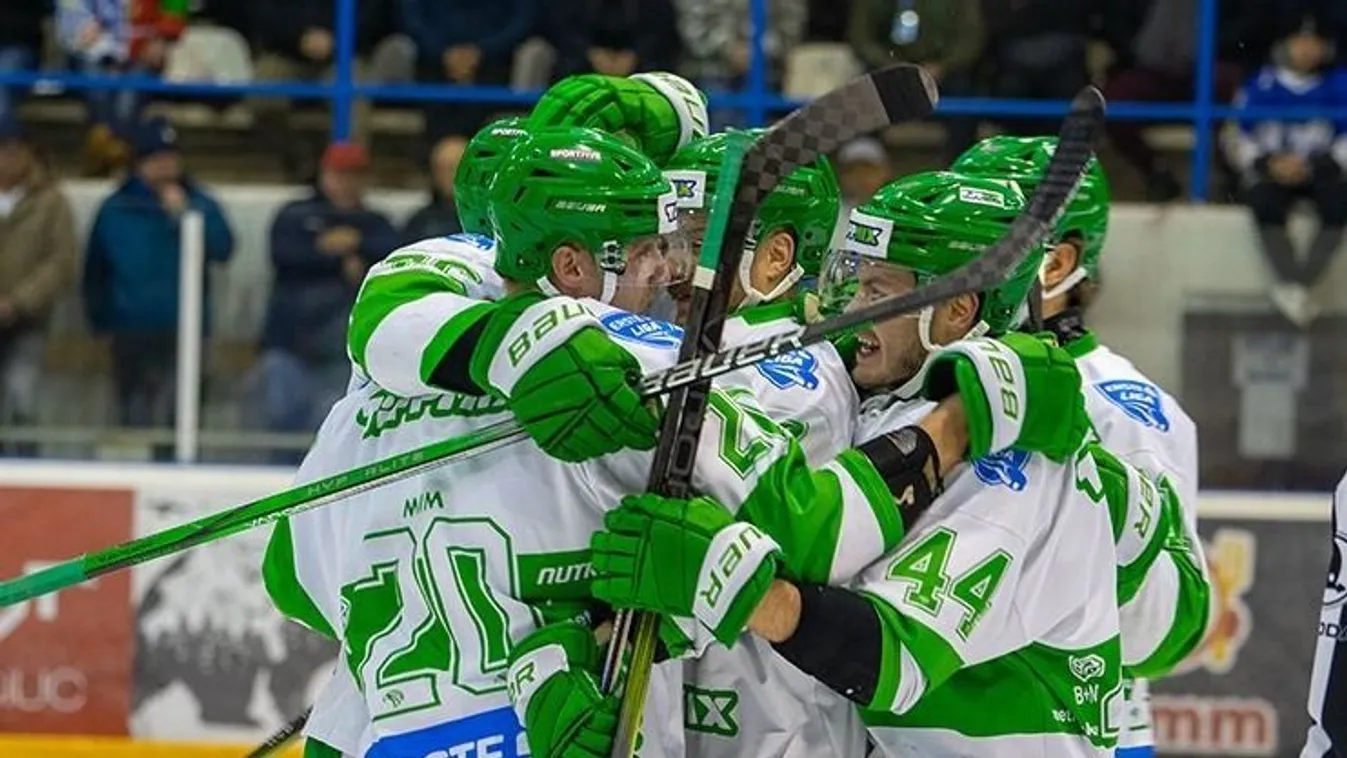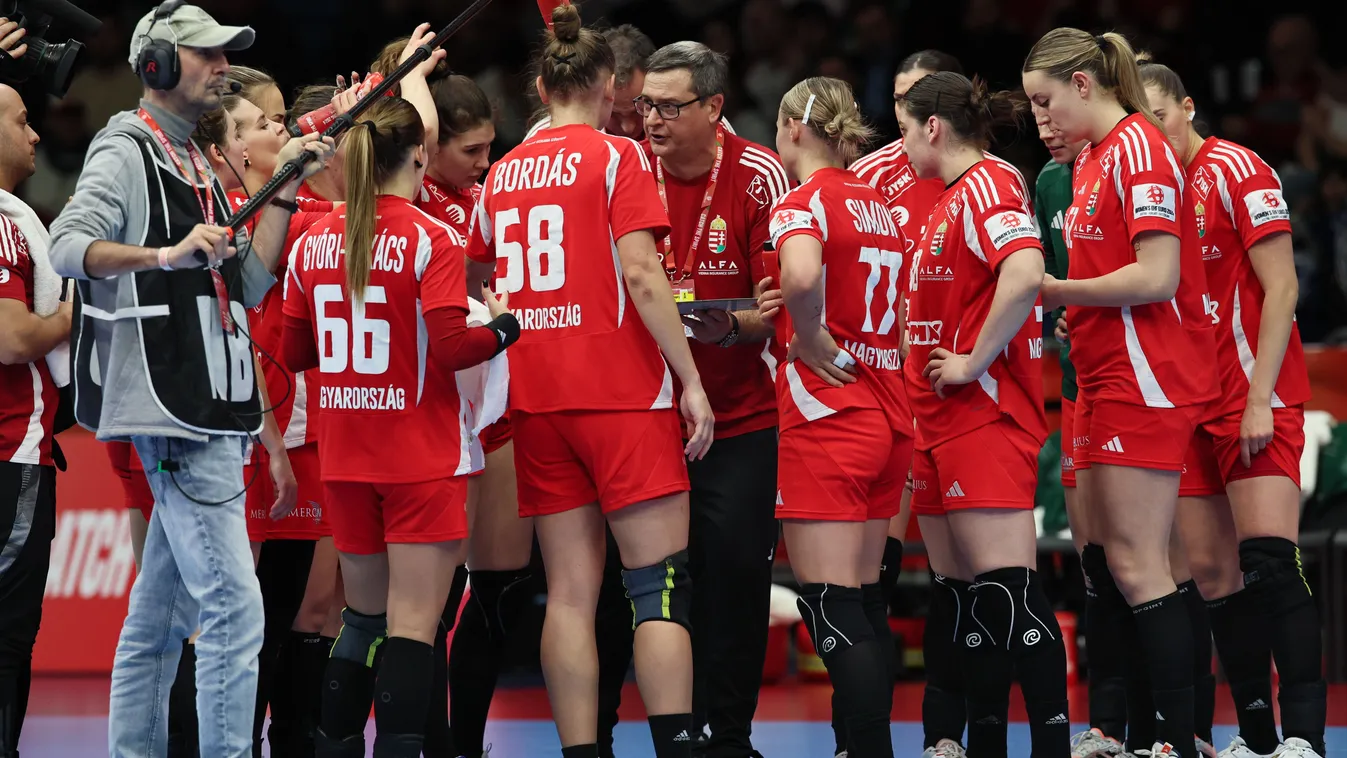He was the twelfth player of the Golden Team. He is one of the best sport reporters of all times, on whose voice and commentaries generations have been growing up. There is no one who would know more about the noblest stars and the most successful period of Hungarian football than him. He was the one who could be together with the legendary players almost everywhere and the man who cried and laughed in common with them. György Szepesi is mourning not only for a player of genius, but also for one of his best friends.


- When did you get to know of the death of Ferenc Puskás?
- It is a drama, what life can perform sometimes – answered György Szepesi with a deep sigh full of pain. – I was aware that Öcsi would not live long as the doctors had told it. I will never forget what has happened to me at the dawn of Friday. I was startled out of my sleep that Öcsi had passed away at 3.15 a.m. I was close to a heart attack, and my wife got so frightened that I recovered myself immediately. I took in some tranquillizers and at around 7 o’clock, I woke up with an aching head, then not much later, my wife told me tremblingly: ‘Gyuri your nightmare came true. Öcsi had really passed away.’
- I know that you could tell us a lot of stories about Ferenc Puskás, the Golden Team and the legendary times which would fill at least five books with content. That’s why it is so difficult to ask you to tell us what there has remained for you in connection with ‘Öcsi bácsi’?
- His heart. Öcsi had a big heart and lots of friends. He was a wonderful man and helped everybody who he could. We could not ask him - neither me, nor his friends – anything which he would not try to grant. I’m very proud of being successful to bring him home. I tried to persuade the leaders of the system and the party for such a long time till they consented to the homecoming of Ferenc Puskás in 1981. First it was told that he would come for the World Cup qualifying match against Rumania but everybody said that he should do this by the tour of the English football team. It was better because of the 6:3 score as well. We went for him with Gusztáv Sebes, then leaving from Madrid, going across Paris, we arrived to Budapest and then he could play again in the Népstadion, the place of his former success. Oh, my God! It was such a long time ago!
- It was also a long time ago when you reported about his first match for the Hungarian national team. The young Ferenc Puskás made his debut against Austria and he scored in a 5-2 win.
- The whole match is in front of me. I knew Öcsi by sight because I frequently went to the matches of Kispest, Újpest and Vasas, and I knew what a great talent he was. On that match against Austria, he was excellent and if I say that it could have been known that there was a colossal and exceptional career in front of him then I don’t exaggerate. Ferenc Puskás is among the biggest Hungarians of the 20th century. Zoltán Kodály and Béla Bartók can be mentioned on the same level with him, however, he was known by far more people all over the world, that’s why I say that he would have deserved the Nobel Prize as well.

- How will you mourn for him? In silence, far from others?
- I was there among the first ones who commiserated Erzsike, Öcsi’s wife, early in the morning. I admire her because she has been nursing or better to say nursed his husband decisively for five years. There’s an astonishing strength in her. It is difficult, rather impossible to elaborate Öcsi’s death, although I have known it for a few weeks that he cannot be helped having just a few days left. Not long ago, I went to Öcsi’s sick-bed with Jenő Buzánszky, Gyula Grosics and with Miklós Fejér, the owner of the Régi Sipos restaurant to Kútvölgyi Hospital. One of his doctors sent a message for us that we should visit him if we want to see him alive. We were standing there silently sobbing at his bed. We kissed and fondled his face and then…told him good-bye. ---- Károly Sándor, former football player
‘We lost the greatest individuality today. There wasn’t and there isn’t anybody like him and I believe that there won’t be anybody similar to him for a long time. Six or seven years ago, Gyuri Szepesi asked me who is the best-known Hungarian and my answer was that a football player. A football player whose name didn’t have to be mentioned because there is nobody who wouldn’t know him. It’s difficult to speak about him, he had to be known. Concerning his knowledge, it is enough just to mention that he was such a left-foot player who always got the ball on his left leg. I travelled with him all over the world and everywhere we went people were scanning his name, and plenty of photographers were waiting for him. I will miss him very much.’
Péter Bozsik, the son of József Bozsik, earlier team mate
‘He had been growing up together with my father, and until Puskás’ leaving abroad, they were very close friends. Only a wall separated them and if they wanted to go to sand-lot, they had to knock to the other flat only. They treated each other as brothers. My father could not attain Puskás’ first homecoming in 1981, so could not get in such a close relationship with him as my father. History separated them.’
Tibor Nyilasi, Silver Shoe awarded football player
The news shocked me. Howsoever, we knew that he was ill; we believed that he would stay with us forever. Not only a country, but also the whole world is mourning for him. My friends living abroad called me as well, and they didn’t want to believe the depressing news. I don’t want to recall memories concerning him during these painful hours, however, every time when I had played with the Ferencváros in Spain, he was the only who greeted us at the airport of Madrid. He was such a great legend that I was always glad meeting and being with him.’
George F. Hemingway, the owner of Honvéd
He was not only a great player, but also a marvellous person too. Everything is told about him, if I mention that he made great two football clubs, Honvéd and Real Madrid, as well as two countries, Hungary and Spain, in the world of football.’
István Kisteleki, president of the Hungarian Football Federation (MLSZ)
‘I’m awfully sad because of Ferenc Puskás’ death. Naturally, the Hungarian Football Federation is trying to help the family by every possible means. I think that after such a tragedy, everyone should stop for a minute, and think over certain things, because not everything is happening in this country the way it should. It is true hundredfold in the case of Hungarian football.’ ---- Ramon Calderon, president of Real
‘He was the mythical forward of our mythical team. He left behind plenty of friends as he was loved by everyone as a football player and as a man too. Lots of his goals remain in our memories, so it is not a surprise that he became the leading goal scorer four times. People living in Madrid in general are sad about his death, however the members of my generation feel a great emptiness because of losing one of their ideals.’
Alfredo Di Stefano, the great friend
‘I was called by ‘Pancho’s’ wife on the phone saying that his husband had died at 7 o’clock in the morning. I was shattered. With his death, I lost an excellent friend, whilst the world lost a football player of genius. ‘Pancho’ was the greatest both as a person and as a player. Last, I met him in last August on the football match organised for his honour in Budapest. There were nine months between us: he was born on 1st April, 1927, and I was born on 4th July, 1926. There were almost three months every year, when we were at the same age.’
José Santamaria, team mate
‘The death of my friend, Pancho, made me deeply sad. I knew that he was in very serious condition, but never thinking of the worst. There’s no doubt that Puskás was a great player and person too. He was born for victory having own professorship at the university of football.’
Fabio Capello, coach of Real
‘I have unbelievable experiences related to him. He is the greatest figure in the history of football. Getting the ball 20 metres from the gate, he shot the ball resulting a goal usually. When he came close to scoring, he decided exceptionally and effectively with his left-foot.’
Raúl, forward of Real
‘It distressed me to hear the news. We thank him for the lot of enjoyable and unforgettable moments which he provided us playing in Real. He is the myth of football and Real Madrid as well. We commiserate with his family in their deep mourning.’ ---- Luis Suárez, the only Spanish Golden Ball player
‘I played with his mates, Kocsis and Bozsik, in Barcelona, so thanks to this we became good friends. He was an open and cheery person who was a decisive part of the history of football. That kind of calmness and happiness is incomprehensible with which he played. What was a good pass for an average player, was good for Puskás from which he could score.’
Horst Eckel, player of the World Cup winner national team of Germany in 1954
‘He was not only the best player of the 1950s, but the best player of all time. He played in an excellent team, which couldn’t be beaten for years.’
Ottmar Walter, player of the World Cup winner national team of Germany in 1954
‘I was thrilled by the news about Puskás’ death because we had been very good friends for a long time. He was one of the greatest football players in the world who could dribble and shoot gorgeously and who could keep his team together magnificently. When we became World Cup winners in 1954, he admitted honestly that the better team won the final. He repeated it on our latest meeting in Budapest. This also shows his sporting attitude.’
Sir Alex Ferguson, manager of Manchester United
‘I met him several times on football matches. It is really sad when such a great player dies. We can’t do anything else just to remember him and those great matches where he played. I could see him playing for many times and he was definitely an exceptional football player. Even today, it is a mystery for me why he didn’t win the World Cup with the Hungarian team in 1954.’
Legfrissebb hírek
Ezek is érdekelhetik

origo.hu
Kitörte a nyakát egy rosszul sikerült mutatvány során egy amerikai pomponlány - videó

nemzetisport.hu
„Nem a Hertha ellen szólt a döntés” – Dárdai Bence a nyári klubváltásról

borsonline.hu
Felfedte titkát a jós: karácsonykor mindannyiunk élete megváltozik

mandiner.hu
Elszólta magát a nemzet ripacsa, Nagy Ervin borította Magyar Péter cinkelt dominóit
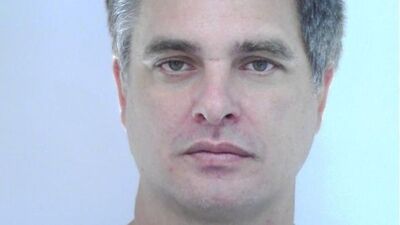
ripost.hu
Mégsem évült el Till Tamás meggyilkolása – már körözik a tettest, Fehér Jánost
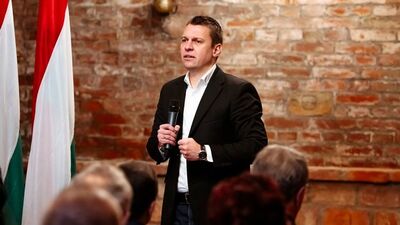
mandiner.hu
Feljelentették Menczert, döntés született
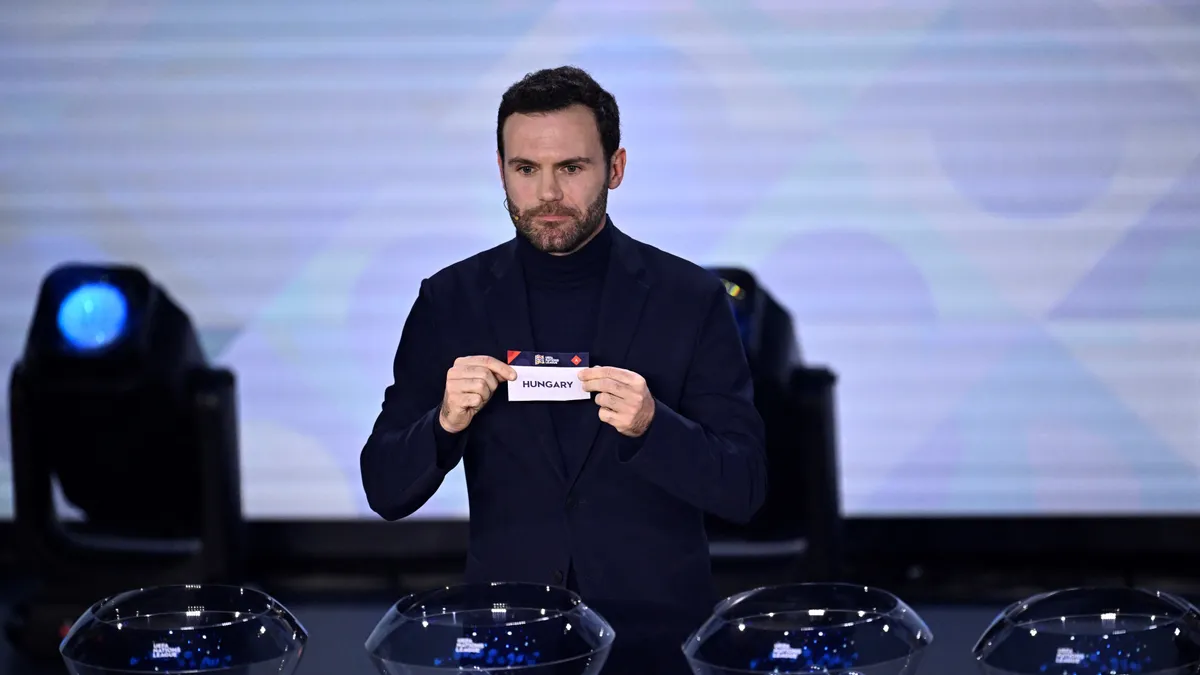
nemzetisport.hu
Vb-sorsolás: lehet, hogy pénteken ki sem derül a mieink összes ellenfele!

origo.hu
Újra agresszíven, erőszakosan lépett fel Magyar Péter testőre - videó
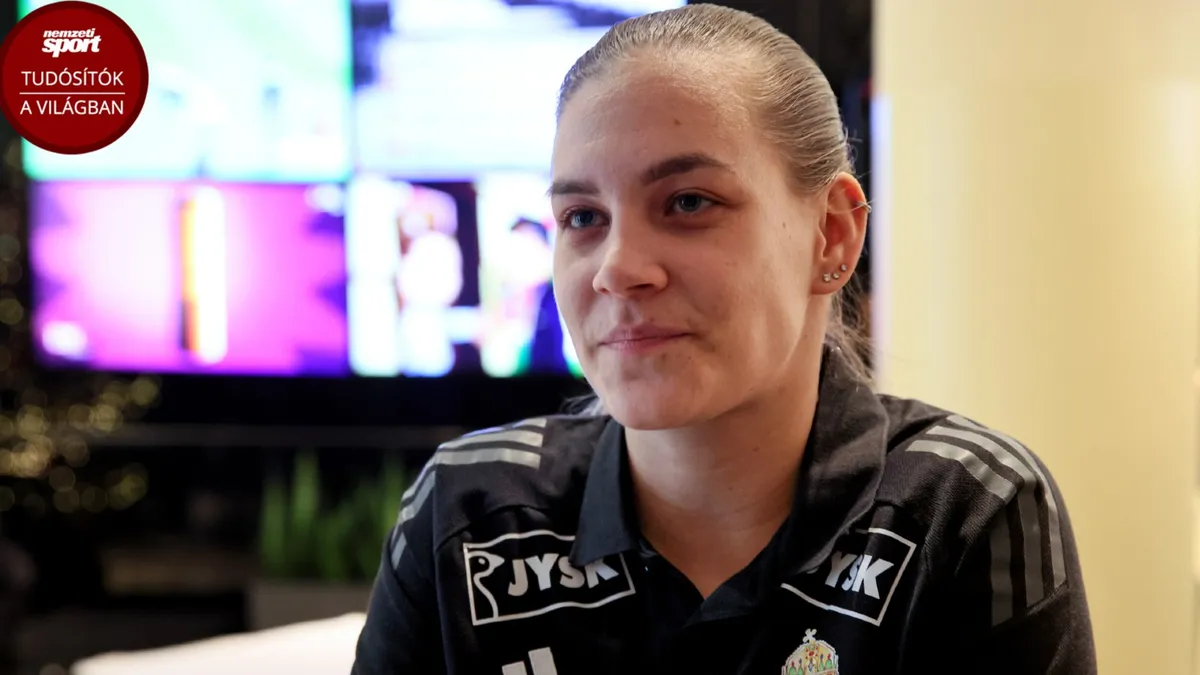
nemzetisport.hu
Klujber Katrin szerint pluszmotivációt jelent, hogy a norvég sajtóban lesajnálóan írtak a mieinkről

nemzetisport.hu
Csütörtöki sportműsor: Szalonikiben játszik a Ferencváros az El-ben
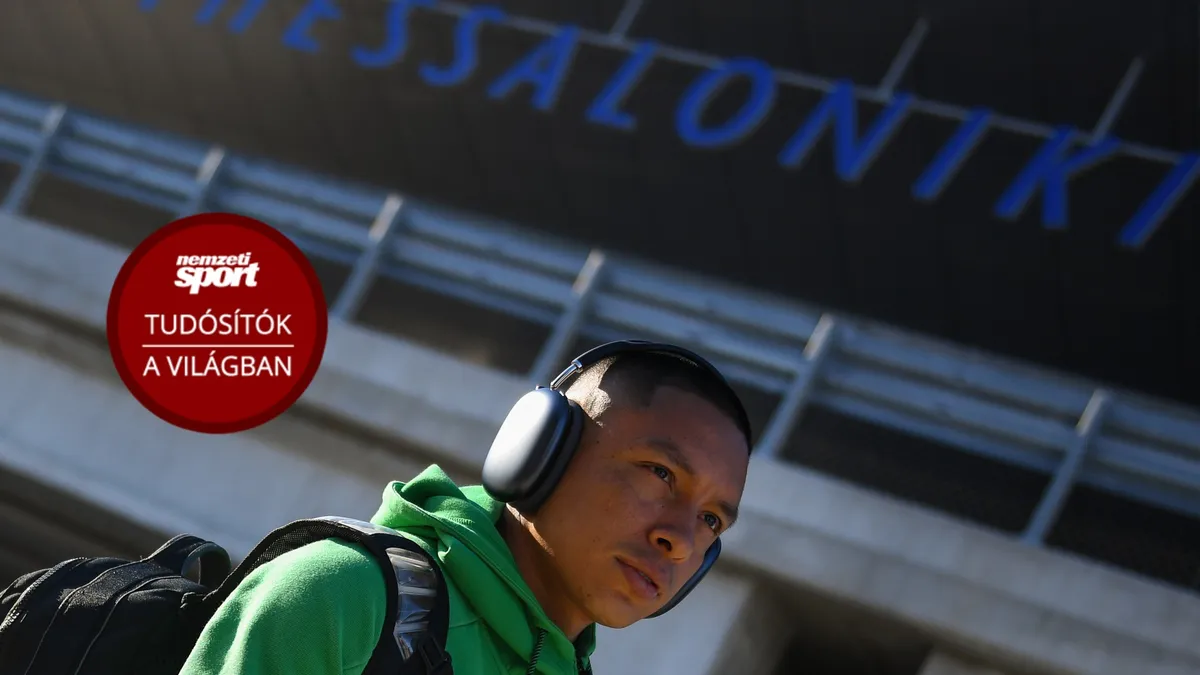
nemzetisport.hu
Elszánt görög harcosokra készülhetnek a zöld-fehérek
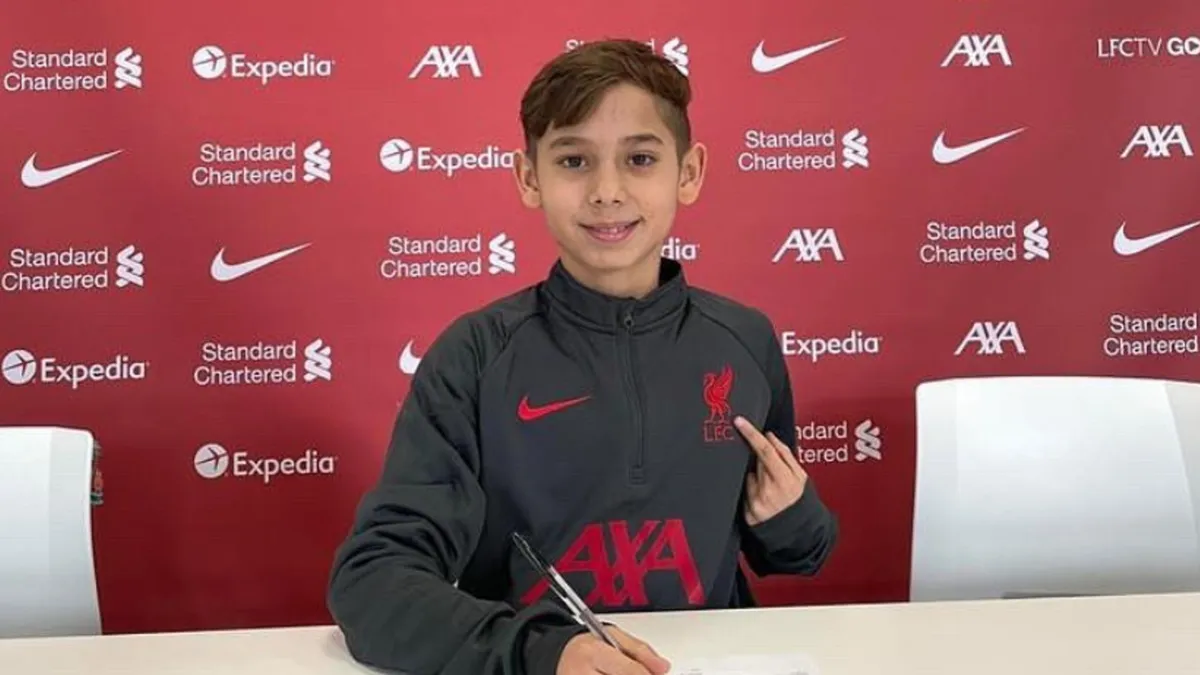
nemzetisport.hu


